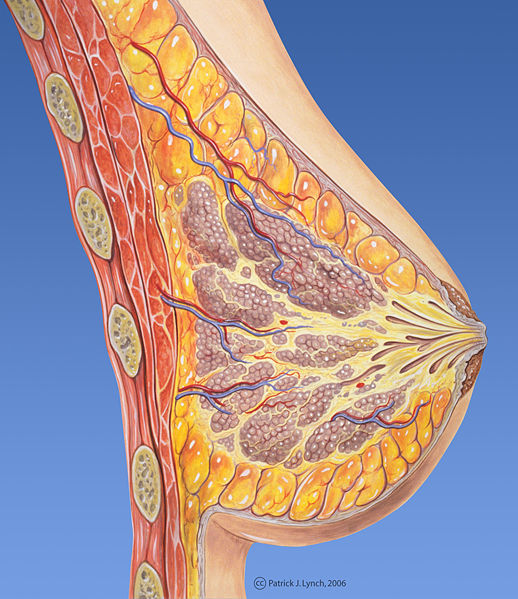Researchers around the world are starting to realise that cancer may be more closely linked to inflammation and our immune system than we previously thought. And two new papers this week have further strengthened the link.
Researchers at the US National Cancer Institute and the University of Texas have found two gene variations related to inflammation that may increase the risk of developing lung cancer. The effect of these gene versions is especially strong among heavy smokers, which suggests that inflammation may play an important role in the boy's response to tobacco smoke.
Their research involved around 1,500 lung cancer patients and 1,700 unaffected people. It's the first major study to pinpoint the way that lung damage from tobacco smoke might trigger an overzealous inflammatory response by the immune system, leading to lung cancer.
 The genes the team found encode important immune system signalling molecules known as interleukin A and interleukin B. They help to switch on inflammation in response to infection or tissue damage. So people with different versions of the two genes may be more or less susceptible to the cancer-causing effects of smoking. This could help to explain the old mystery that although many smokers get lung cancer, not all do.
The genes the team found encode important immune system signalling molecules known as interleukin A and interleukin B. They help to switch on inflammation in response to infection or tissue damage. So people with different versions of the two genes may be more or less susceptible to the cancer-causing effects of smoking. This could help to explain the old mystery that although many smokers get lung cancer, not all do.
Also this week, researchers at the University of Cambridge have found a link between the immune system and breast cancer. They found that molecules called cytokines, which play a key part in our immune response to infection, are also involved in milk production in the breast during pregnancy.
Their finding has implications for understanding breast cancer, because cells that respond incorrectly to cytokine signalling can grow out of control and become cancerous. However, it's important to point out that having babies and breast feeding can reduce the risk of cancer in the long term.
- Previous Skincare by jellyfish
- Next Do women really talk more than men?










Comments
Add a comment